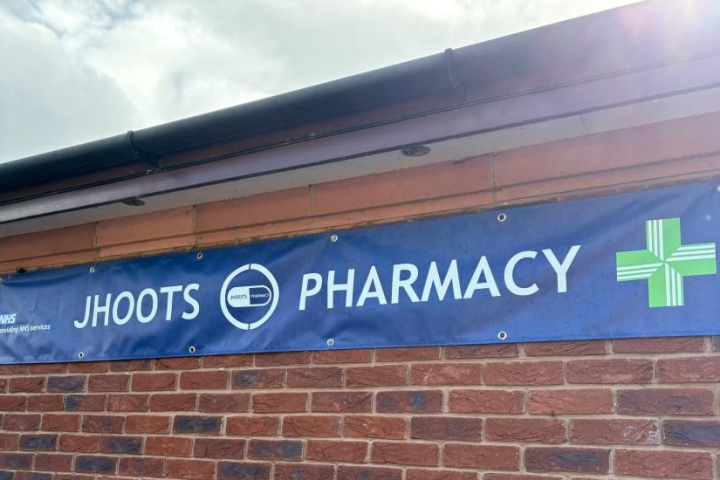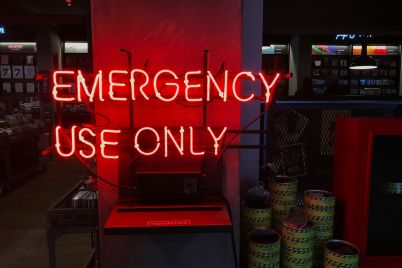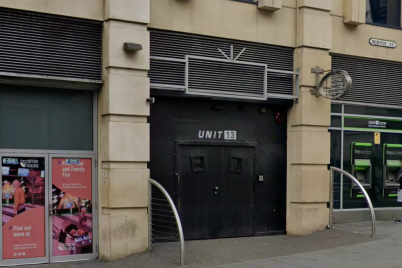A growing crisis at Jhoots pharmacies has sparked government warnings and urgent calls from MPs as staff remain unpaid and patients face difficulties accessing essential medicines.
The Walsall-based chain, which operates more than 150 branches across England, has faced repeated complaints about short-notice closures, delayed staff wages, and inconsistent pharmacy services.
Health and Social Care Minister Stephen Kinnock told the House of Commons that services at Jhoots pharmacies were “falling well below the mark.” He warned that some branches could lose their rights to dispense NHS prescriptions if standards do not improve. The minister confirmed that both the General Pharmaceutical Council (GPhC) and NHS integrated care boards are taking regulatory action against individual pharmacies, with the potential for them to be struck off.
The crisis came to light after West Dorset MP Edward Morello raised an urgent question in Parliament, highlighting that thousands of people have been left without access to medicines due to closures. “Jhoots staff have gone months without pay, despite payslips being issued, tax deductions made, and pension contributions not deposited,” the Liberal Democrat MP said, stressing the financial and personal strain on employees.
Several other MPs echoed concerns about the impact on staff and patients. Labour MP Melanie Onn revealed that five employees at a Grimsby branch had not been paid since July, while fellow Labour MP Lizzie Collinge highlighted that residents in Sedbergh, Cumbria, must drive 40 minutes to the nearest alternative pharmacy. North West Norfolk MP James Wild described a similar situation in South Wootton, where staff were left unpaid, stock ran out, and management failed to respond to concerns.
The chain, which entered the market in 2023 by taking over several Lloyds Pharmacy branches, is partially owned by Sarbjit and Manjit Jhooty.
Sarbjit Jhooty acknowledged workforce and recruitment challenges earlier this year and stated he was working to address these issues. Despite this, closures and operational failures have persisted.
Healthwatch Isle of Wight has reported that short-notice closures on the island have created “real problems” for patients.
Four of the five Jhoots branches on the Isle of Wight were closed on a single Monday, forcing residents to seek prescriptions elsewhere. Joanna Smith of Healthwatch explained that many people were unable to access medication, particularly those with mobility issues, young children, or work commitments, and warned that pharmacy shortages are a nationwide issue exacerbated by underfunding.
NHS officials said contingency plans are being implemented to ensure patients can still access prescriptions through GPs and alternative pharmacies, while director of primary care James Roach emphasised the need for long-term solutions to ensure reliable access to medicines. The All-Party Parliamentary Group on Pharmacy has noted that medicine shortages and service interruptions remain a “persistent and widespread issue” across England.
MPs Richard Foord and Edward Morello have written to Minister Stephen Kinnock requesting an urgent investigation into Jhoots. Their letter emphasised the stress caused to unpaid staff and the poor service delivered to patients, urging the government to take appropriate action to protect employees and ensure essential healthcare services are maintained.
Conservative shadow Health Minister Dr Luke Evans highlighted the widespread impact, saying that communities across England have been left without functioning pharmacies, encountering locked doors, no pharmacists, and insufficient stock. The situation has left many local healthcare providers, such as Regent Pharmacy in East Cowes, struggling to meet patient demand while managing increased pressure on staff and resources.
In Parliament, James Wild pressed Minister Kinnock on whether the government would take action against individual directors of the company. Mr Kinnock responded that nothing is off the table, although existing regulations make direct action challenging. The minister confirmed that he is reviewing all available options to ensure staff are paid and commissioned pharmacy services are delivered reliably.
The Department of Health and Social Care has previously acknowledged the broader challenges facing community pharmacies, citing a decade of underfunding. The government has pledged increased funding for pharmacies to support the shift of care from hospitals into the community under its Plan for Change. Nevertheless, the repeated failures at Jhoots highlight gaps in oversight and regulatory enforcement.
For patients and staff alike, the ongoing Jhoots pharmacy closures are causing significant disruption. While NHS and regulatory bodies scramble to provide temporary solutions, MPs continue to call for urgent investigations and measures to prevent similar situations in the future. Without immediate intervention, there is a real risk that communities will remain without access to vital medicines, and staff will continue to endure months of unpaid wages.
The unfolding situation at Jhoots serves as a stark reminder of the importance of effective regulation, proper funding, and accountability in the provision of essential healthcare services. Government officials, MPs, and healthcare watchdogs are now under pressure to act swiftly to protect both patients and employees and restore confidence in community pharmacy services across England.















